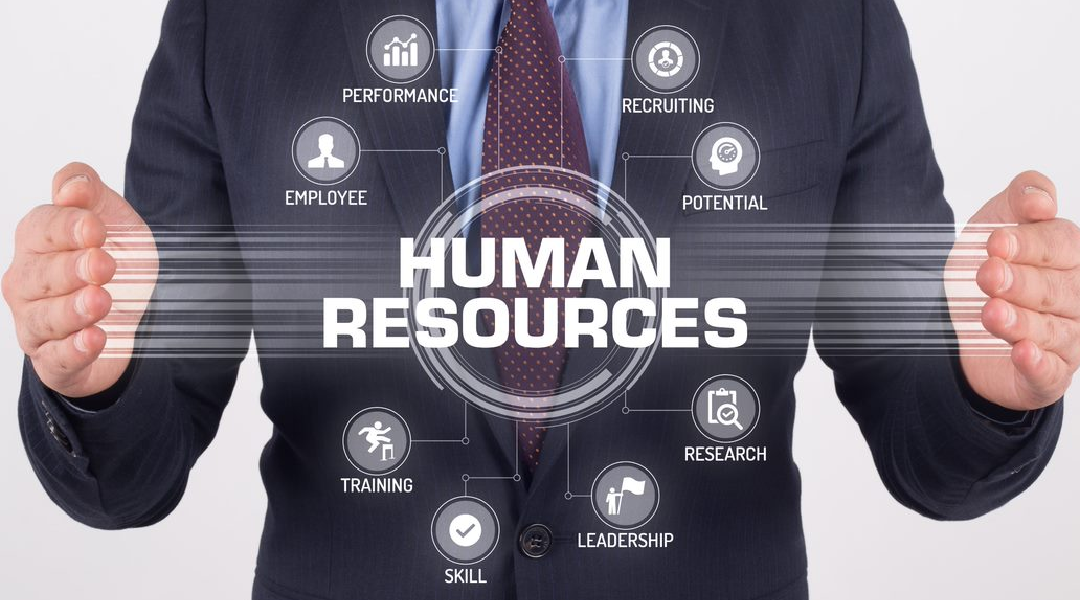Whether you’re a small business owner or a CEO of a Fortune 500 company, you have probably realized how important human resources is for your business success. HR does more than process payroll and hire an extra set of hands. They’re vital to company strategy and ensures that key activities are communicated, integrated, and part of the development/rewards process for every team member. But what else does this department do and why is human resources important? In this blog, we will discuss the various roles that HR personnel perform and six reasons why the human resources department is crucial for the success of your company.
Interested in Safety Solutions for Your Organization? Check out our Safety Solutions Flyer
Recruitment, Hiring and Onboarding
When it comes to adding a new member to your team, the human resources department handles the entire employment process. From screening resumes based on key skills, behaviors, and culture to scheduling interviews to working closely with hiring managers to discuss hiring strategies to maximize the strength of the department as a whole. HR determines the most effective methods and people based on the organization’s needs, payroll budgets, and current revenue state of the business. HR understands best practices when it comes to the hiring process and can provide guidance to managers who aren’t familiar with HR to ensure that the company extends offers to the best-suited candidates.

Strategy and Budget
The HR department is involved in the overall success of an organization due to their knowledge of the workforce. This could include understanding the current competencies within departments to understanding “gaps” based on projections for future workplace needs. A strong HR team will monitor the revenue forecasts of the business and align their recruiting, pay increases, and staffing plans accordingly to meet overall budget needs. When it comes to curbing excessive spending, HR may try to curb costs by negotiating better employee benefit rates like health insurance or analyze employee wages and salaries to ensure that they’re competitive and realistic to the job market. Aligning strategy and adhering to strict budgets are important, so this function of HR is very helpful for company success.
Employee Satisfaction
If employees feel like they do not have a support system within their role it could lead to conflict or decreased productivity. Building a healthy employee-HR relationship allows for employees to recognize HR as a support system and build a more engaging, rewarding work experience. HR supports employee morale by helping employees reach their optimal career goals through effective training and support. By being an advocate and source of information for employees, HR helps employees develop a greater commitment to the company and its goals.
Performance Improvement
Performance management systems are put into place by the human resources team to ensure that employees do not end up in jobs that aren’t suitable for their skillset and expertise. Performance and aligned compensation reviews allow for HR and the hiring manager to discuss expectations with employees to ensure the employee output and pay are fair to both sides. Performance management systems allow for the company to evaluate employee satisfaction, wages and company goals all in one sitting.
Safety and Risk Management
Companies are obligated to provide safe working conditions for all employees. Human resources and Safety and Risk Management specialists will manage compliance with the U.S. Occupational Safety and Health Administration (OSHA) to ensure safety regulations are met. This could include maintaining accurate work logs and records, developing programs to reduce workplace injuries, as well as promoting awareness and safe handling of dangerous chemicals and equipment.

Maintaining Compliance
The HR department also ensures that the company complies with federal and state employment laws. This could include completing paperwork necessary for documenting that employees are eligible to work in the United States to filing OSHA 300’s and important 5500’s on benefits timely to avoid huge penalties. HR also monitors compliance with applicable EEO laws for organizations that are receiving federal or state government contracts and need to maintain applicant flow logs, affirmative action plans, and file EEO-1 reports annually. If you have 10+ employees, there are 25+ legal areas that impact your company and that your HR team should be managing for you and your business.
The Human Resources area is essential in any company and important to company success. From hiring a new team member and evaluating the company budget to improving company morale, Human Resources is the glue holding an organization together.

